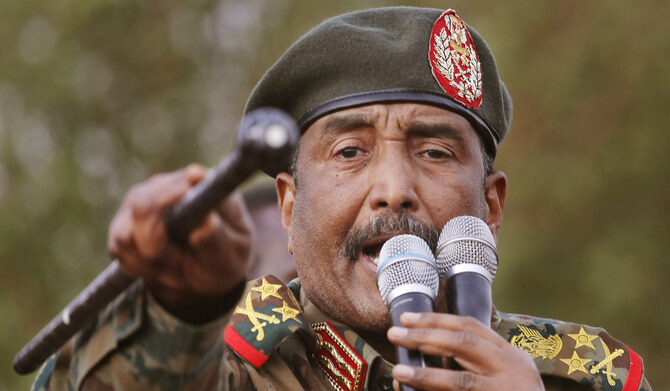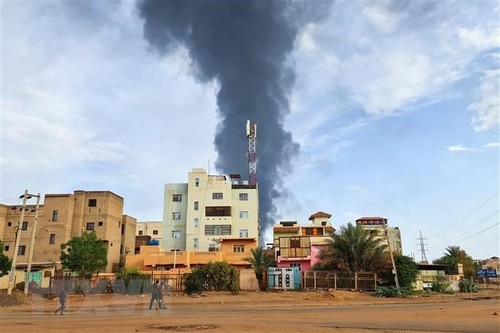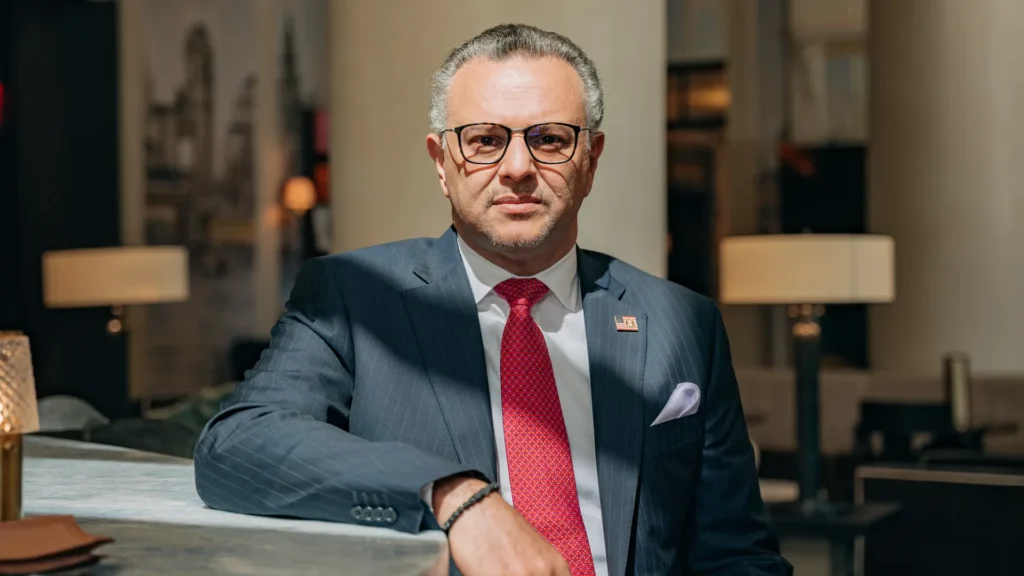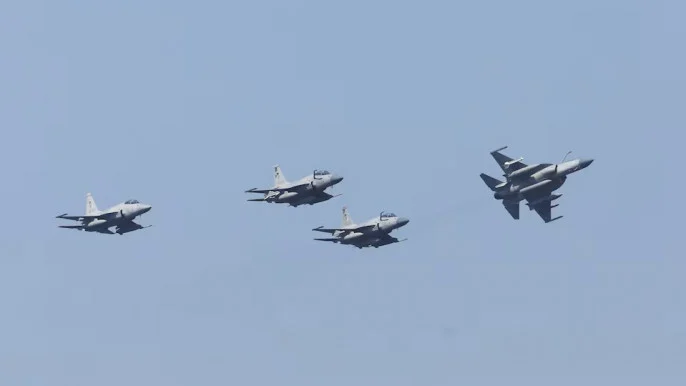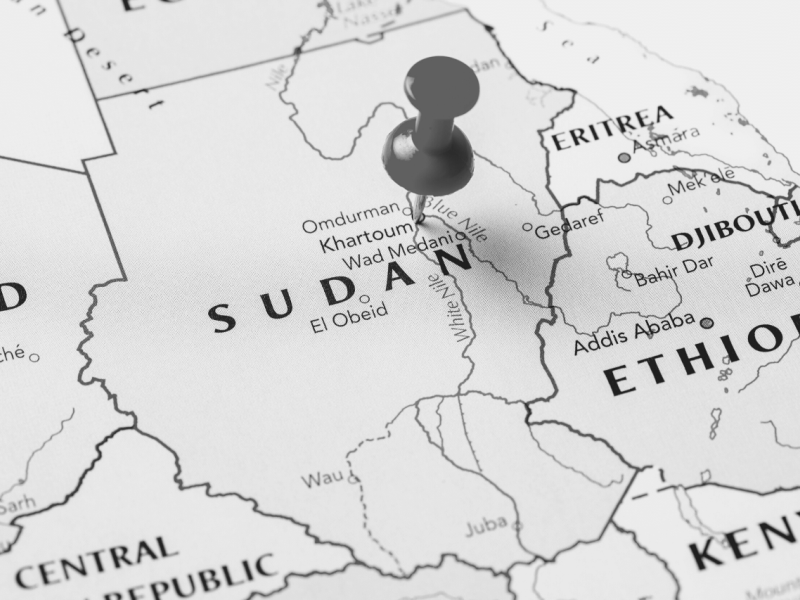
The relocation of Sudan’s political center from Khartoum to Nyala is more than a geographical move. It represents a symbolic shift in national identity, a rupture with decades of centralized dominance that has stifled popular will and marginalized the country’s peripheries.
For generations, Sudan’s central elites monopolized power and resources, reducing the state to a narrow, extractive project. Southern communities were lost after years of war and neglect, while Darfur and Kordofan were stripped of their wealth and dignity. Farmers and herders were sidelined, maternal health and education ignored, and sectarian divisions deliberately inflamed to fuel endless conflict.
Nyala’s rise as a seat of authority signals a collective emancipation from this legacy. It marks the emergence of a new consciousness, born out of suffering, that rejects the politics of spoils and subjugation. From Darfur to Kordofan and beyond, communities are declaring their ownership of Sudan’s destiny.
The project taking shape in Nyala is not about improvisation, but about forging a modern state built on strategic planning, science, and professional governance. It is a call to replace patronage with merit, and authoritarian decrees with institutions grounded in accountability and service delivery.
This transformation also challenges the false binary between faith and secularism. Religion remains the soul of Sudanese society, but when manipulated by politicians, it becomes a tool of control. Advocates of change argue that separating religion from the machinery of politics is not an attack on Islam, but a safeguard of its essence: a reminder of the Qur’anic principle that “there is no compulsion in religion.” In this vision, faith and reason complement rather than crush one another.
The crisis in Darfur and Kordofan underscores the collapse of the central state’s capacity to manage diversity and deliver justice. The push from Sudan’s margins today is not a parochial agenda, but an effort to redefine nationalism itself — one that no longer equates Sudan with Khartoum alone, but embraces the full spectrum of its peoples.
Announcing civilian Peace and Unity government from Nyala is therefore not a regional maneuver, but a historic moment for all Sudan. It is the product of accumulated grievances, yet also an opening for a genuine national project rooted in equality, justice, and popular sovereignty.
Far from being an endpoint, Nyala’s emergence is the beginning of a long process of reconstruction. It is a promise that Sudan can rise from its western heartlands just as dawn emerges from the depths of night — with the people’s will as the only author of its future.

